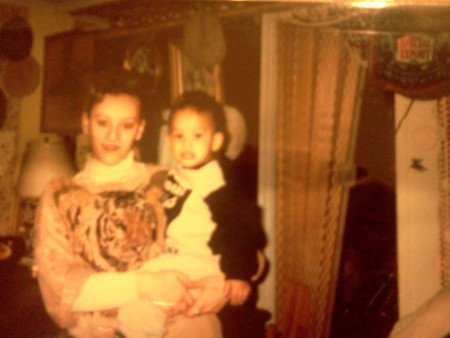
Rebecca Caldwell
Motor City Muckraker
There was a loud bang and a flash of light, and my son’s life was over.
In an instant, I went from planning his 21st birthday party to planning his funeral.
He blew his brains out right before my very eyes, and I failed to stop him as I had failed to protect him from everything else.
I stood in that room alone, and once again there was no one to help me save my beloved son.
—
At 15, I became a mother to a beautiful baby boy named Shane. I was a foster child at the time and unable to complete my high school classes.
It was 1990.
I earned my G.E.D. three years later and went to work to provide for my family, which would also include my second son, Kyle.
Unfortunately, Shane Peter Jennings was emotionally impaired. We were poor and didn’t have resources available to us, so I was forced to quit working and become a full-time mother.
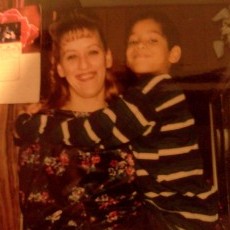
Shane’s first diagnosis was lead poisoning. He was 2 years old, and the potential for permanent brain damage and violent inclinations wasn’t known at the time.
When Shane was about 10, he was diagnosed with Oppositional Defiance Disorder (ODD). He had a new baby sister, and I was still a single parent. Around this time, I was forced to hospitalize Shane.
At 6, Shane was diagnosed with Attention Deficit & Hyperactivity Disorder (ADHD). I was not comfortable medicating Shane due to his age and high intelligence, but I was open to counseling and all other suggestions.
Children with disabilities are guaranteed an Individualized Education Plan (IEP). When I lived in Illinois, having an IEP meant that Shane could not be suspended for situations that arose from his disability but that is not the case in Michigan. Shane’s emotional impairments led him to be defiant and sometimes violent, and therefore every school just wanted to get rid of him. I kept asserting that his behavior was a result of his impairment and that additional precautions needed to be put into play.
So I began homeschooling him. In addition, Shane enrolled in an art class at Henry Ford Community College, earning a “B”. Notably, he had no behavior infractions during his time at HFCC. Eventually, tired of the constant battle to keep Shane in school, we decided to pursue his G.E.D., which he passed with flying colors on the first try.
After two weeks of hospitalization and medication, Shane was placed in a day treatment school. It felt as if the school system had passed the buck. Placing him in a school filled with “troubled” children was practically a recipe for agitating his already-impairing issues.
Shane became involved in the juvenile and adult justice system over time. Most of his interactions with the law were completely outside his control. He was assaulted numerous times over the years, and police showed no concern for his mental impairment, even assaulting and planting drugs on him.
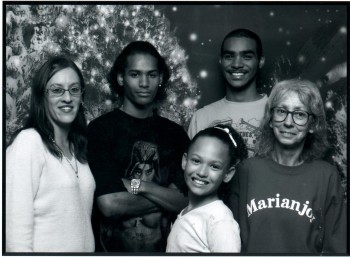
In spite of the great adversity facing Shane on a daily basis, he re-enrolled at HFCC and began his application for PTK Honors Society just 4 months before his suicide.
“I am applying for the honors society to further the opportunities that I could have for scholarships, and also to encourage me to perform up to my complete potential,” Shane wrote in his application essay on May 6, 2011. “I want to prove to myself that a man with bipolar, like myself, can achieve more than a meager life on the streets.”
Shane ended his own life on September 3, 2011. I hadn’t seen him for most of that day until he walked through the door of my Detroit home.
Without speaking a word, he pointed a gun to his head. I fought bitterly to take the weapon and pleaded with him not to end his life.
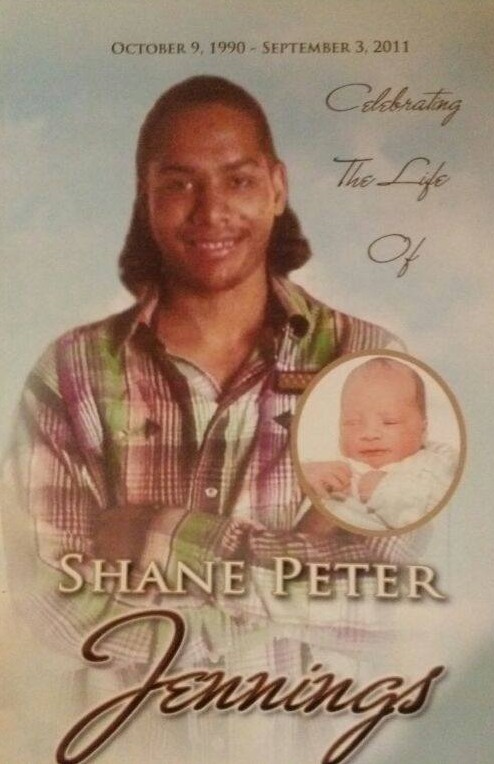
I was unable to reach him, and in just a simple moment, after the worst fight of my life, Shane’s life was over. As I looked upon my boy that had been so viciously tortured by the societal and academic institutions, the criminal justice system, the gang bangers of the city, even his own peers, and the result of flawed parenting, I felt the pain deeply in my soul, and my heart shattered into a million pieces.
His creativity and genius were exterminated but his story will live on for as long as I have breath in my body. Painful as this road had been, it has led me to a passion to speak up.
I am not ashamed that my son killed himself; I am ashamed that I live in a society that turns a blind eye to those in times of need and desperation.
My role as the parent of a child with special needs has led me to a passion for helping underprivileged youth, especially those affected by mental illness, as well as those immersed within the criminal justice system. These children need encouragement, resources, and positive role models in order to have a chance.
There is a systematic denial of legitimate resources to impoverished families that are faced with children that struggle with issues surrounding emotional health. I am a suicide survivor. My plight is to raise awareness to suicide and inform on preventative measures that can be taken. Self-inflicted death should not seem to be a viable solution in a civilized country!
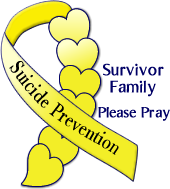 Today marks the beginning of Mental Health Awareness week. On Wednesday, I will share my story to the U of M Dearborn campus at an event I am organizing with my fellow students. I will be in attendance from noon until 3 to distribute informational pamphlets to the students and to share Shane’s story.
Today marks the beginning of Mental Health Awareness week. On Wednesday, I will share my story to the U of M Dearborn campus at an event I am organizing with my fellow students. I will be in attendance from noon until 3 to distribute informational pamphlets to the students and to share Shane’s story.
We will be promoting the message that suicide is preventable through intervention and education. The event lasts from 10 am to 5 pm and is located in the University Center. My 13-year-old daughter, Briana, is also hoping to speak at this event to about the effects of suicide on sibling survivors.
My son Kyle tells me: “Knowledge is power; let’s make it a movement!”

6 Responses to "Talking about Shane’s suicide: Why a Michigan mom won’t let go"